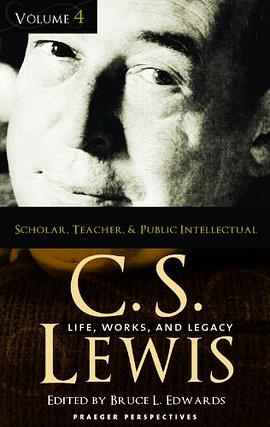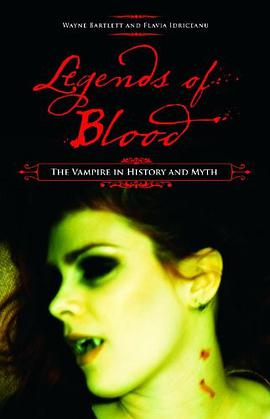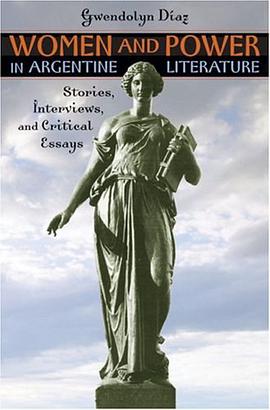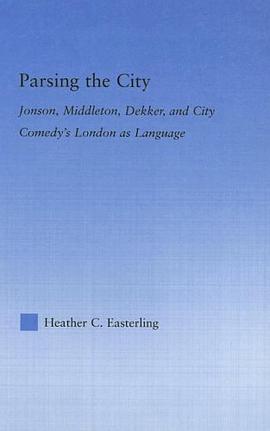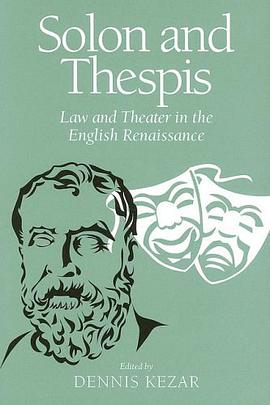

具体描述
In the archetypal confrontation between the Athenian lawmaker Solon and the Greek poet Thespis, Solon confronts Thespis after seeing him act in a tragedy. He asks Thespis if he is not ashamed to tell so many lies before so many people. In response to Thespis's reply--that it was no harm to say or do so in a play--Solon vehemently blames Thespis for a professional deceit that threatens to pervade society. Solon's criticism of Thespis points to a fundamental motivation for Solon and Thespis: an exploration of the long-standing antagonism between law and theater, between drama's inconsequential fiction and the real world's socially consequential fact, at a crucial moment--the sixteenth century--in England's cultural and legal formation. The literary critics and historians in this volume examine that antagonism and find it revelatory of English Renaissance law and Renaissance theater's institutional connections and interdependences at a time when both were emerging as powerful forces in English society. Renaissance legal processes were subject to dramatic and public representation, appropriation, and evaluation. Renaissance commercial theater, often populated by law students and practitioners, was both subject to the law and subversive of it. The contributors demonstrate that theater and law were not simply relevant to each other in the early modern period; they explore the physical spaces in which early modern law and drama were performed, the social and imaginative practices that energized such spaces, and the rhetorical patterns that make the two institutions far less discrete and far more collaborative than has previously been recognized.
作者简介
目录信息
读后感
评分
评分
评分
评分
用户评价
相关图书
本站所有内容均为互联网搜索引擎提供的公开搜索信息,本站不存储任何数据与内容,任何内容与数据均与本站无关,如有需要请联系相关搜索引擎包括但不限于百度,google,bing,sogou 等
© 2026 book.wenda123.org All Rights Reserved. 图书目录大全 版权所有


